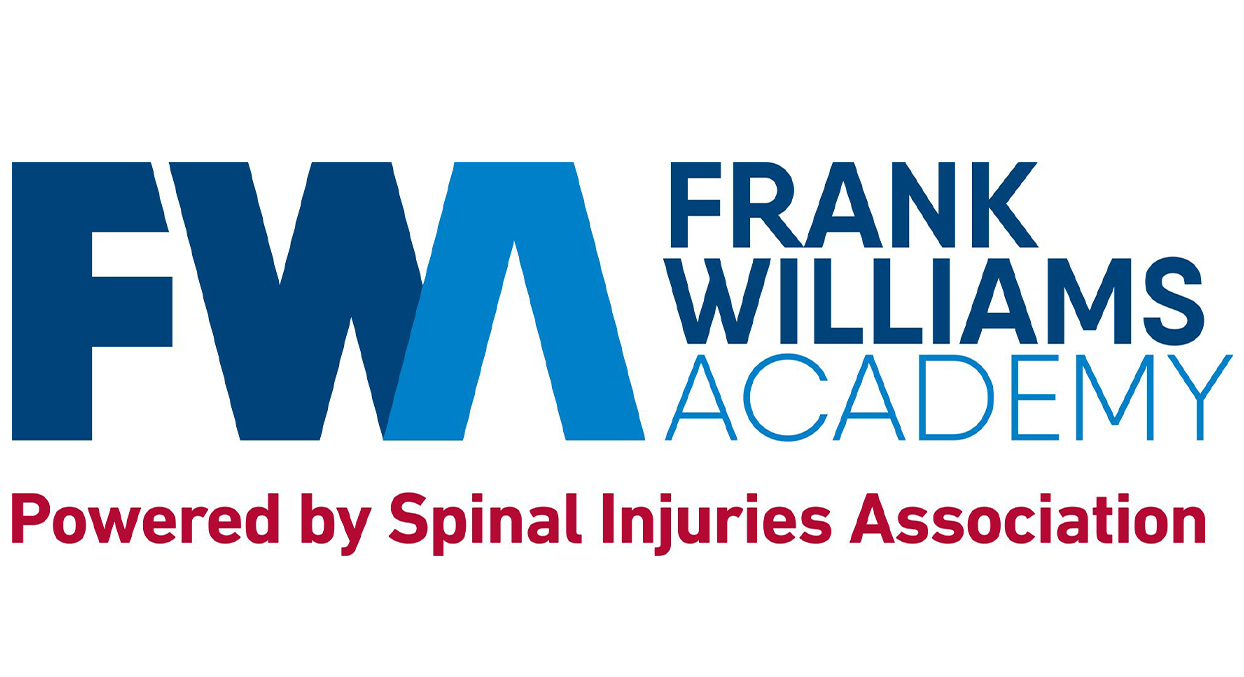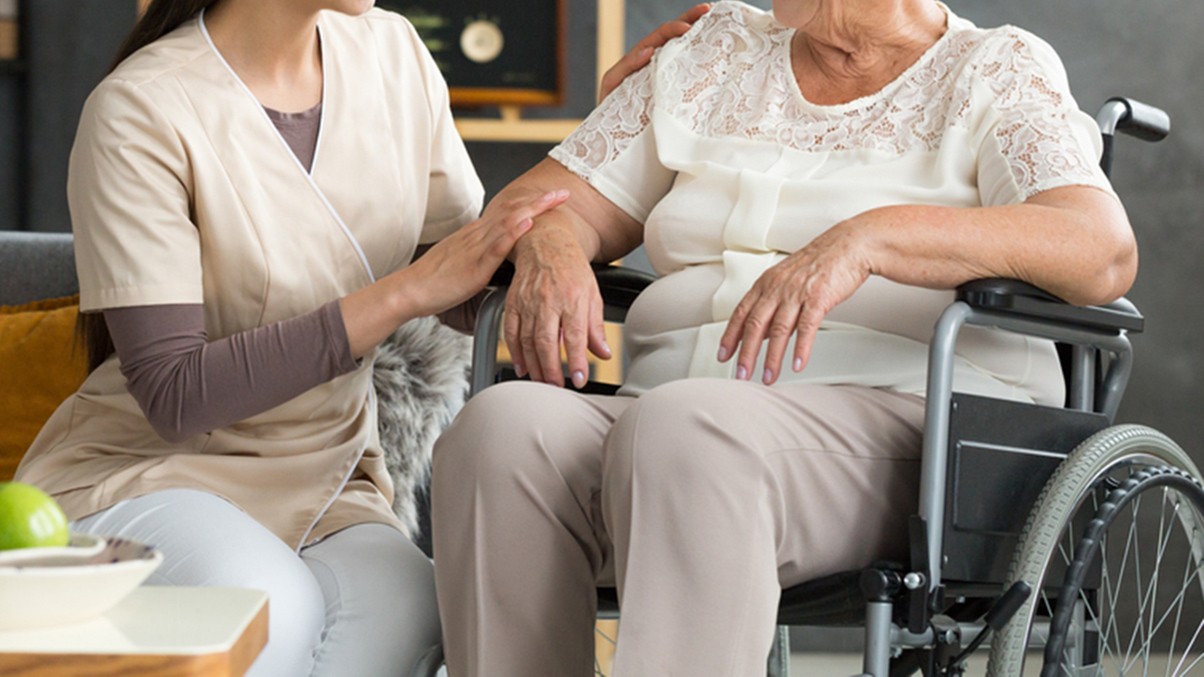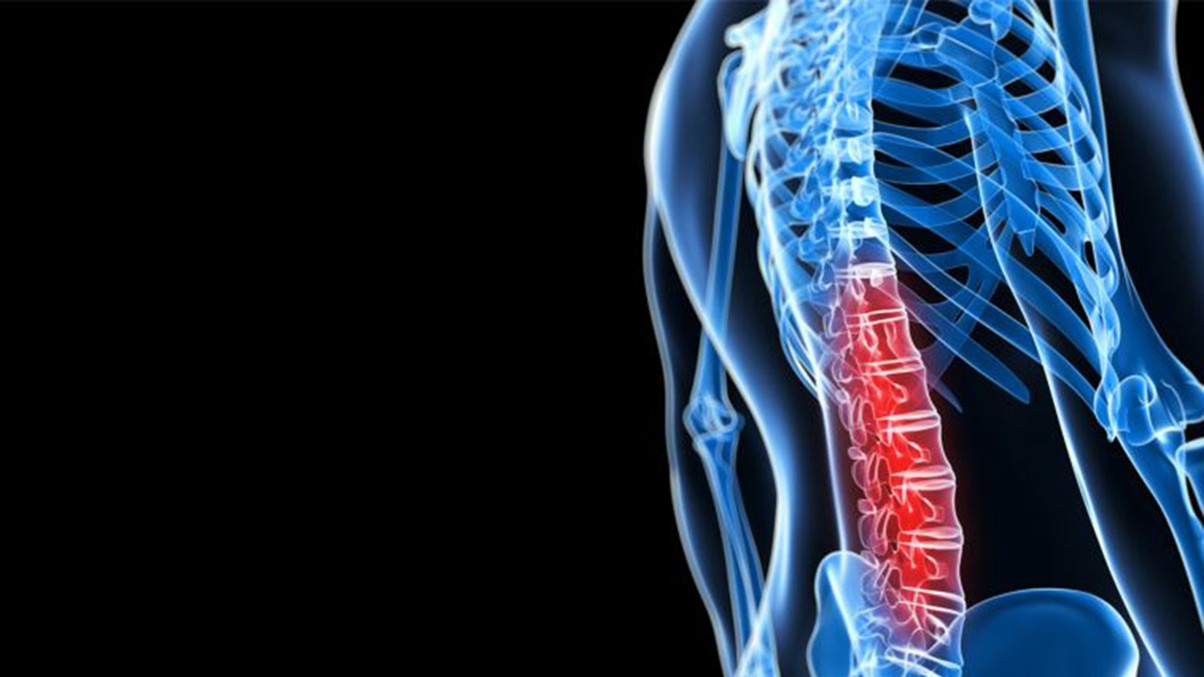Spinal Cord Injury Awareness Day is taking place on 19 May 2023. The purpose of the event is to raise awareness of spinal cord injury (SCI) and highlight the challenges that spinal cord injured people face on a daily basis.
In this article, senior associate Nadia Krueger-Young and senior paralegal Kat Velasco-Boyer identify “red flag” symptoms of spinal cord injury and recount the case of our client Miss K, whose cauda equina syndrome symptoms went unidentified.
What are “red flag” symptoms?
Identifying and interpreting “red flag” symptoms are an important part of clinical practice. There are several “red flag” symptoms (ie serious warning signs) which should lead any healthcare practitioner to arrange rapid investigations and treatment for a potential spinal cord injury. These “red flag” symptoms may indicate a serious underlying problem with the spinal cord and warrant further investigation and/or examination.
Some of the most common “red flag” symptoms include, but are not limited to:
- A recent onset of significant pain in both legs;
- Loss of feeling or the feeling of pins and needles / numbness in your lower limbs;
- Numbness in or around your back passage;
- Loss of sensation between your inner thighs or genitals; and
- Bladder and/or bowel dysfunction.
An SCI case study
The recent experience of Miss K demonstrates the devastating outcome of missed red flags by a GP, which in this instance led to permanent cauda equina syndrome. Stewarts represented Miss K when she subsequently brought a clinical negligence claim.
Cauda equina syndrome is a rare but serious condition that affects a group of nerves called cauda equina. The cauda equina nerves are at the lowest point of your back. They perform the following functions:
- Allow control of the legs
- Control the bladder and bowel
- Supply sensation to the skin around the bottom, back passage, genitals and inner thigh
Cauda equina syndrome occurs when this group of nerves are compressed. The most common cause of compression is when a disc in the lower back bulges into the same space as the nerves, usually known as a disc prolapse.
Material facts
Miss K first visited her GP in June 2017 with pain in her left leg and was prescribed painkillers. By December 2017, Miss K’s pain had noticeably worsened and she began to experience pins and needles in her left shin and foot, as well as pain when lying flat and rolling over in bed. She spoke to another GP, who prescribed more painkillers and referred her for physiotherapy. After completing the physiotherapy, her symptoms did not improve.
Miss K then developed “red flag” symptoms of cauda equina syndrome over a short period during late July and early August 2018. She visited her GP twice more, complaining of the following warning signs:
- pain in both legs;
- increasing pain on bowel movement;
- feeling of pins and needles and numbness in her lower limbs;
- numbness in or around her back passage and genitals.
Despite her numerous consultations with GPs, where she raised the red flag symptoms above, a neurological examination was not performed and no further investigations arranged.
In mid-August 2018, Miss K went to A&E, where the staff recorded a two-week history of pins and needles and leg weakness in both the right leg and foot, as well as a nine-month history of left leg symptoms. This lead to the consideration of diagnosis of potential cauda equina and admission under the Orthopaedic team. An MRI confirmed disc compression of the spinal canal in the pattern of cauda equina syndrome. Miss K was referred for emergency decompression surgery.
The legal case
We sought a GP expert to give an opinion on the standard of care Miss K received from the GPs who saw her in this case. He considered there to be multiple breaches of duty. The two GPs who saw Miss K made several mistakes;
- failed to take an adequate history
- failed to recognise the “red flag” symptoms of cauda equina and;
- failed to admit her to A&E further investigations and treatment
In commenting on causation, our expert neurosurgeon confirmed that had Miss K been referred to A&E for further investigation and treatment for suspected cauda equina syndrome sooner, she should have received emergency surgery and was likely to have made an excellent neurological recovery.
Unfortunately, our client’s treatment was delayed. The GPs who failed to recognise and act on her red flag symptoms admitted they breached their duty of care to her. The hospital also admitted they breached their duty of care in failing to perform surgery promptly – instead she was left for almost two weeks.
The result is that Miss K has been left with the severest form of cauda equina syndrome. She has no control of her bladder or bowels and has very restricted mobility, along with significant ongoing pain.
Takeaways
Increasing awareness and understanding of “red flag” symptoms is key to encouraging more early diagnosis of spinal cord injury, but awareness is only useful when medical practitioners complete thorough history taking and examination, listen to the patient and consider the presentation of each individual on a case-by-case basis. Recognising these “red flag” symptoms can be so important when identifying spinal cord injury, both for healthcare professionals and for patients.
Unfortunately delay in diagnosis is all too common, and our case study aims to highlight how important it is not only to be able to recognise these “red flags”, but also to seek a second opinion if you feel that you are experiencing warning signs that a medical professional is not taking seriously.
Rebuilding lives
Despite Miss K’s injuries, she remains positive for the future. With interim payments through her clinical negligence claim she has been able to purchase a suitable property for her and her two children to live in. It will be adapted for her present and future needs, including space for live-in carers. She would like to work with other people who have sustained similar injuries in the future and help them to come to terms with their injury, as she has done.
When in doubt, get it checked it out
In the UK, 2,500 people sustain a spinal cord injury every year. There are a number of charities who offer a range of services to support everyone who needs to access expert information, advice and support, including:
- Spinal Injuries Association
- Back-Up Trust
- Spinal Research
- CECC
- Aspire
- Horatio’s Garden
- Wheelpower
- Regain
You can find further information regarding our expertise, experience and team on our Clinical Negligence pages.
If you require assistance from our team, please contact us.
Subscribe – In order to receive our news straight to your inbox, subscribe here. Our newsletters are sent no more than once a month.






